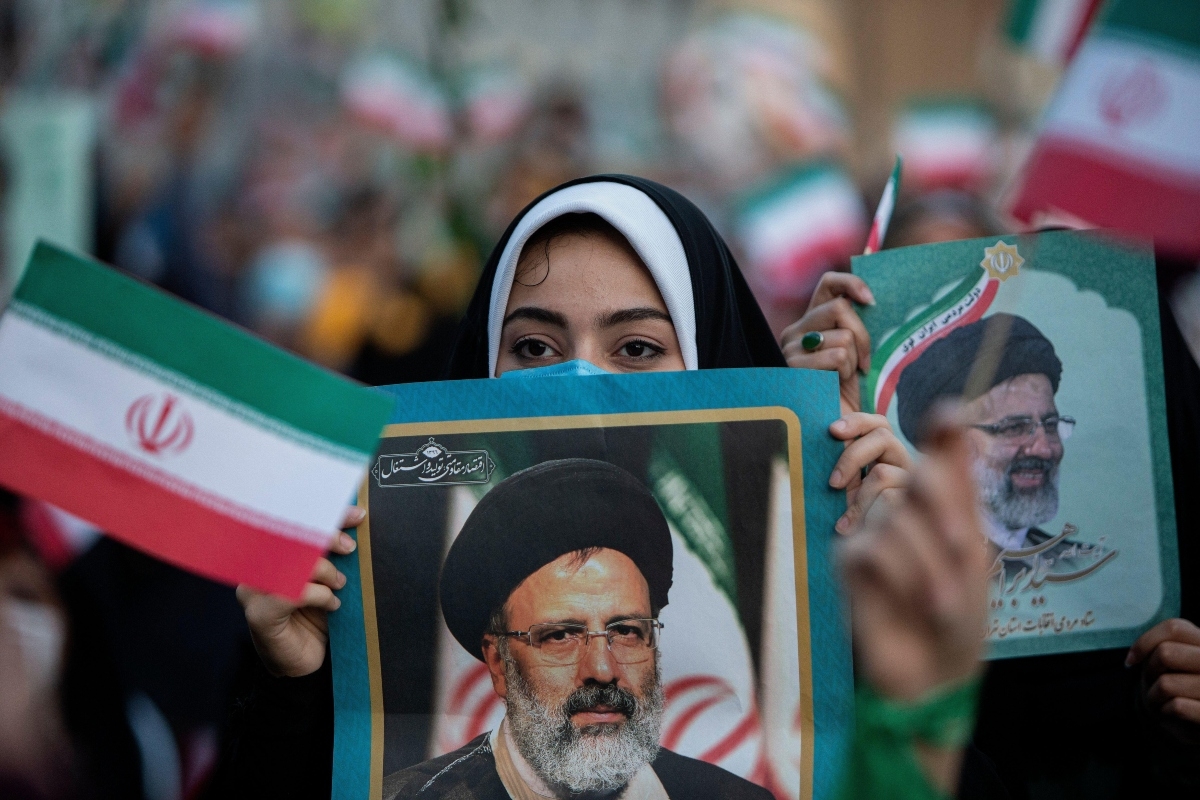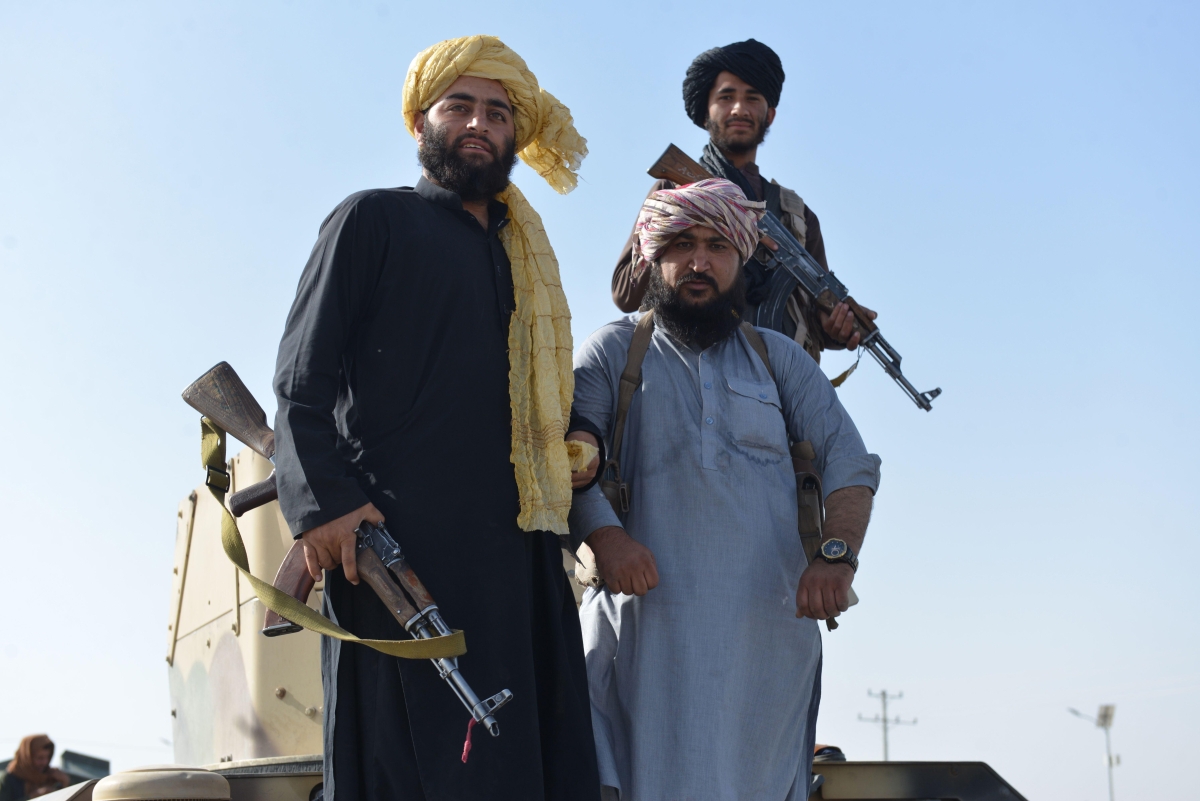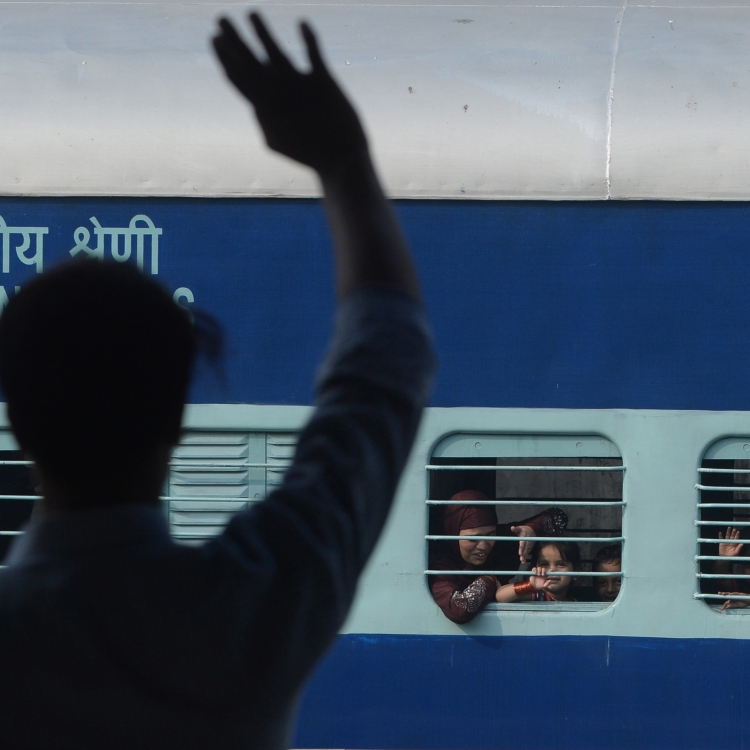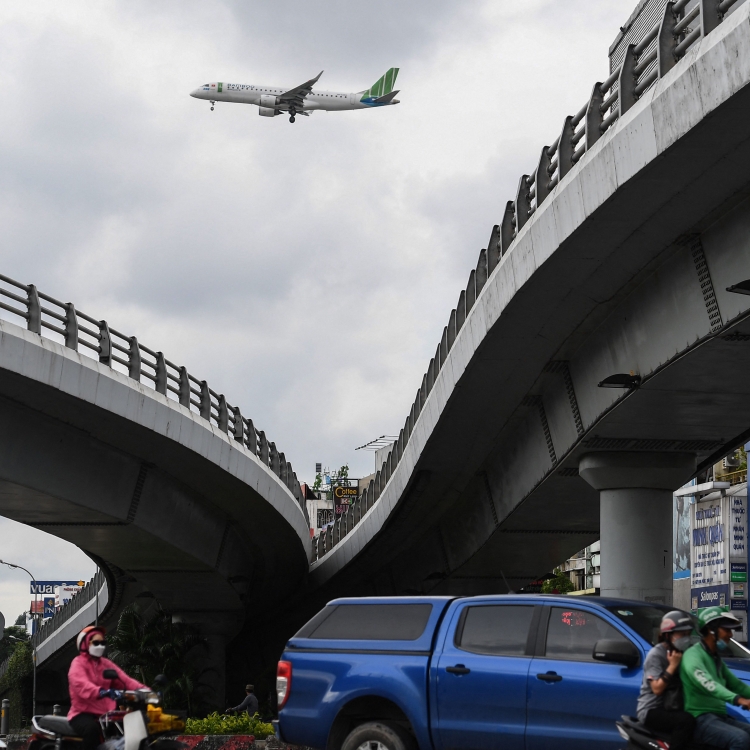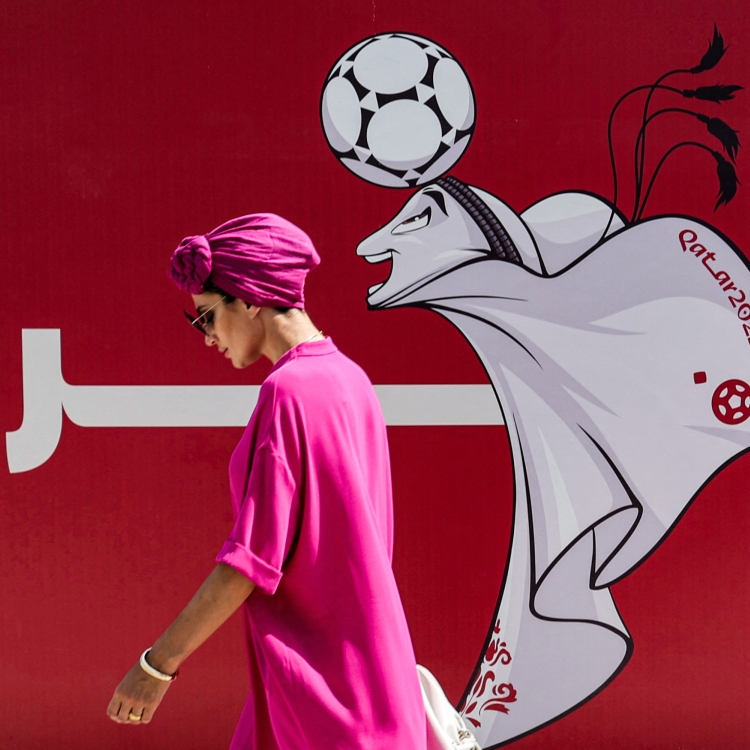magazine text block
On June 18, 2021, Ebrahim Raisi, Iran’s hardline judiciary chief, was elected the country’s president in a vote that was widely viewed as a fait accompli: Several would-be contenders were disqualified, and Raisi was thought to have the tacit support of Iran’s powerful supreme leader, 82-year-old Ayatollah Khamenei.
Measuring public opinion is an inexact science in the best of circumstances, much less in a complex society such as Iran. But Amir Farmanesh is better at it than most. Farmanesh’s Toronto-based organization IranPoll predicted the voting results of three of the four candidates in Iran’s election within the margin of error of the valid ballots — and was a mere 1.6 percentage points off for the remaining candidate.
Farmanesh, an Asia 21 Young Leader, spoke with Asia Society Magazine about how public opinion polling works in Iran — and what the country’s elections say about its future.
How did this year’s Iranian election differ from those in the past?
This year’s Iranian presidential election saw a historically high share of invalid ballots — they actually surpassed the number of votes received by every non-winning candidate. Invalid ballots exist in every election, but their prevalence this year was extraordinary. You can conclude that for about a tenth of Iranians who voted, none of the approved candidates were worthy of their vote. The coronavirus likely also played a significant role in dampening the participation rate, since less than 5% of Iran’s adult population was fully vaccinated at the time of the election. From an opinion polling perspective, this made it hard for us to predict the results with the same accuracy that we had in 2017 in which our prediction for every presidential candidate was within two percentage points of that election’s outcome.
This year, the Guardian Council, which oversees elections, disqualified some prominent candidates, including insiders such as former speaker of the parliament Ali Larijani, former President Mahmoud Ahmadinejad, and incumbent first vice president of Iran Eshaq Jahangiri. The reason behind the disqualifications is not well known; and anyway, pre-election polls show that Raisi would have probably still won even if the Guardian Council hadn’t disqualified these candidates. There are many theories about why these disqualifications happened. Some people suggest that it has something to do with succession planning for the future supreme leader of Iran, some say it was to prevent a surprise result elevating someone else, while others have even hypothesized that the Guardian Council wanted to deny Raisi a stronger mandate by preventing a high turnout. The fact of the matter though is that we don’t know.
What are the biggest challenges in measuring accurate public opinion in Iran?
The biggest challenge we face in difficult and complex environments such as Iran is a significant lack of prior research on which we could build our studies. For this reason, pre-data collection research, pilots, and experiments consume a lot more of our time than when analyzing Western countries.
In societies where little scientific opinion research is conducted, every interest group can claim that the public supports their policies without there being any data to either substantiate or disprove their claims. Our hope is that we can help fill this void by facilitating the availability of high-quality opinion polling data.
We operate multiple polling call centers — we have 106 active stations — and conduct over 160,000 interviews per year. Unlike other polling agencies, which only conduct interviews in Farsi — the native language of about 55% of Iran’s population — we employ staff fluent in nine additional languages and dialects found in the country: Azerbaijani, Gilaki, Mazandarani, Kurdish, Luri, Arabic, Balochi, Turkmen, and Tat. This allows us to accurately communicate survey questions and record responses.
In many developed countries, it is standard practice to weight the polling results or impose quotas during data collection because the response rates are too low. But in Iran, since there is almost no telemarketing, and since the public is generally more interested to share and talk about their views, our probability-sampled telephone surveys enjoy high enough response rates that generally do not require any weighting or the imposition of quotas.
What can we expect from Ebrahim Raisi as Iran’s president in terms of both domestic and foreign policy?
His presidency is unlikely to change the course of Iran’s foreign policy in a drastic manner, as such decisions are made at Iran’s Supreme National Security Council through a consensus-building mechanism.
We are very likely to see shifts at the domestic level, however. Raisi’s administration will try to shift Iran’s economic and developmental orientation towards further self-reliance. Managing the COVID-19 pandemic and dealing with endemic economic corruption will probably be his top priorities.
Based on our most recent polls, a majority of Iranians are still hopeful that Raisi’s administration will change the situation for the better. We will continue to track where the Iranian public stands on this and other issues of national and international significance and will report on them on a regular basis.
